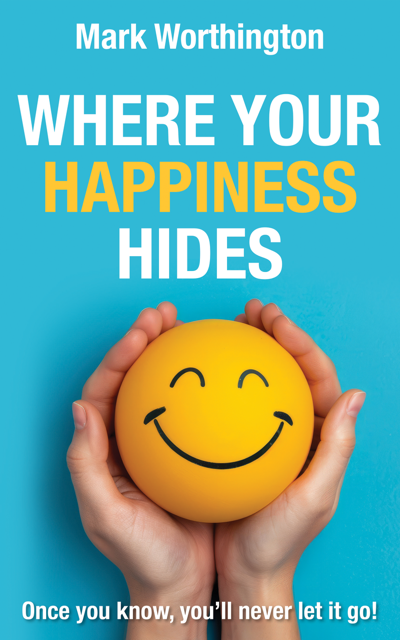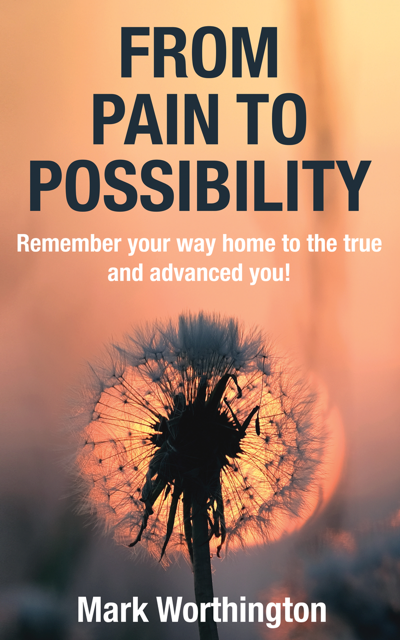Samoa-Stepping Forward into the Past
Samoa-Stepping Forward into the Past
I recently journeyed with my daughter to the South Pacific paradise that is Western Samoa. To my surprise I have not met many tourists from my home country of Australia who have ventured to its shores. This surprised me because it is a beautiful country with my beautiful people, and as I found out a wonderful way of life.
Samoa is environmentally alive with beautiful beaches, spectacular waterfalls, imposing mountains, and coral reefs at every turn. Wild turtles, colourful fish and wonderful turquoise waters made it an idyllic holiday I will never forget. And our resort was paradise with sandy beaches, great facilities, healthy food and wonderful sunsets.
But all that aside Samoa was a unique experience for me in a way I never expected. As a keen studier of people, economics and the social interactions of human beings, I learned so much from the Samoan way of life that I think western civilisations would do well to consider more deeply and learn from.
Here is a country that, through its Government, gives families land on extensive leases to care for and live upon. In the country areas the local people live on these substantial long-held family properties rent free. They are not burdened by the financial pressures we endure in our western nations as we strive to buy the best house we can attain.
The people live in collectives based on extended family structures and village principles. A number of families constitute a village and each family and village have their own leadership bodies that make sure values and behaviours are of a high standard. Only the more significant indiscretions seem to become police or court matters.
Families and villages grow their own food or source it from the ocean and trade with each other freely. I saw no large supermarkets or shopping centres except there are some moderate ones in the capital city, Apia.
The Government works with the local landholders to care for their land and houses and provides financial incentives to assist. Everywhere we went the villages and gardens were maintained beautifully. This all added up to a beautiful country, rich in wonderful landscapes that provide its people with so much beauty and food.
The people care for nature and accordingly nature provides for them. The country was clean and clear and a pleasure to witness.
The people in Samoa are not rich financially based on Australian standards, but from what I saw they are rich in many other ways that we have seemingly lost touch with. If an individual wants to become financially rich they will normally go to work and live in neighbouring countries with higher wages, like New Zealand or Australia
Community harmony seems commonplace. People are connected to each other, nature and spirituality and competition between them seems low. They care for each other in a way I am not used to seeing in Australia. On Sunday mornings and evenings it is hard to escape the beautiful harmonies of the people singing together in their village churches.
Homelessness is virtually unheard of in Samoa because people live in the family homes on the land granted by the Government. The houses all look very similar and there appeared to be no competition to build the biggest home on the biggest block of land.
I saw no pubs, no nightclubs and so on because, as the locals told me, their lives are very much committed to the happiness and care of their families.
The nation seemed to have core utilities in good order. Sanitation, internet, roads, schools and churches were of a very high standard, although I was told that the hospital system needed a lift. Food is plentiful and people appeared to care for each other in a beautiful way.
Interestingly there are no road speed limits in Samoa and although the roads are quite good I did not once witness anyone driving dangerously in the 11 days of our visit. People were relaxed and not rushed most of the time.
I grew up as a child in Sydney, Australia in the 1960’s and this experience reminded me of a simpler time I enjoyed as a child. Extended families, smaller shops, people interacting with their neighbours and quieter roads.
To me a core difference to the country I live in, seemed to be that people are under less financial pressure to survive and win in Samoa. Their debts are low as are their asset values and incomes, but they seemed happy living this simpler lifestyle where harmony and connection outweigh the importance of wealth and competition. They feel safe within a close family network.
I can’t wait to return to Samoa, if for no other reason than to again feel the beauty of the culture that the people have created and work hard to maintain.
This was a trip into what most people would see as a less advanced country than many, but I witnessed a truly lucky country rich in love and unity and full of the smiles and hand holding I think is largely lacking from our so-called modern world.
I urge you to check it out if you get the chance. Witness the beaches and turtles with a cocktail, but don’t forget to bear witness to the unique way of life that can teach us so much that we seem to have forgotten about love, connection and joy.
Is it time to remember?
This trip got me thinking:
What price have we, in wealthier countries paid for our endless pursuit of and competition for money?
Are these lessons we could learn from a country like Samoa which is in tune with nature and has so much harmony and unity in its population?
Don’t hesitate to contact me at mark@mark-worthington.com if you would like to share your views on this post with me. You never know it could be a beautiful exchange of ideas.





